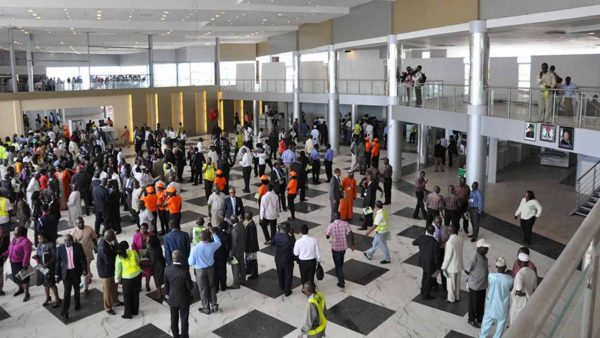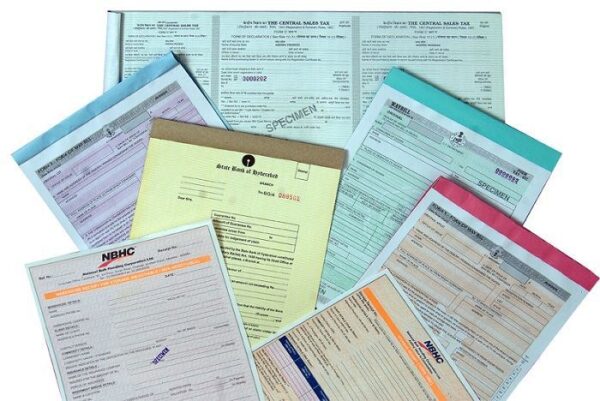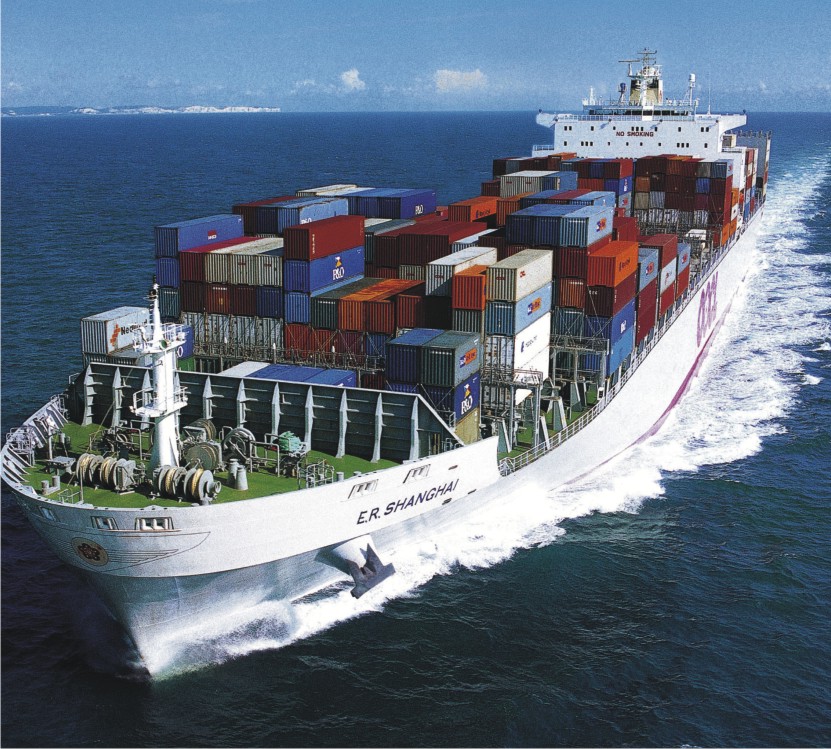Why Port Facility Security Is Sacrosanct In Nigeria- Subaru

For this week’s edition of Shippers Guide, MMS Plus sat with the Chairman of the Port Facility Security Officers (PFSO) Forum of Nigeria, Mr. Anataku Subaru to bring you his views on port security in Nigeria, the challenges and reasons for the recent amalgamation of PFSOs in Nigeria.
Excerpts:
What is the role of a Port Facility Security Officer in Nigeria’s maritime security?
Port facility security lies within the framework of ISPS, and it is an essential and integral part of the process of developing or updating the port facility security plan. The major role of Port facility Security Officers (PFSOs) in Nigeria is identifying critical security lapses and challenges in the Nigeria’s maritime domain among others.
Some other roles can be seen when you look at the purpose of the port facility security assessment, which includes; identification and evaluation of important assets and infrastructure; identification of possible threats to the assets and infrastructure and the likelihood of their occurrence, to establish and prioritize security measures; identification, selection and prioritization of countermeasures and procedural changes and their level of effectiveness in reducing vulnerability; and Identification of weaknesses, including human factors, in the infrastructure, policies and procedures.
PFSO personnel are found in every facility that interfaces with the water especially when the Nigerian Ports Authority was terminalized. This means that every terminal must have a Ports Facility Security Officer. A PFSO is a person designated by the Company for ensuring that a ship security assessment is carried out; that a ship security plan is developed, submitted for approval, and thereafter implemented and maintained and for liaison with port facility security officers and the ship security officer .
There is a new Managing Director at the Nigerian Ports Authority (NPA), what are your expectations as a PFSO?
My expectation from the new management of NPA with regards to the ISPS code and Port Facility Security Officers (PFSO) is that NPA should tow the line of its predecessors in funding, supporting the implementation of the ISPS code and hosting of the PFSO Forum activities.
What led to the formation of PFSO Forum of the Nigeria?
It is worthy to note that the idea of forming the national forum was conceptualized out of our desire to enhance security and safety in this era when our dear nation is struggling to overcome several security challenges. You will agree with me that no socio-economic or socio-cultural activities can thrive in an environment infested with insecurity, therefore, the need for all of us to consolidate as an entity to contribute out little quota to enhance security. There was the need for ensuring uniformity in implementing the ISPS code nationwide, the need for networking and sharing of experiences on the methodologies of checking and addressing the threats of insecurity in Nigeria.
The national forum was created to bring together all the Port facility Security officers (PFSOs) in Nigeria with a view to identifying critical security lapses and challenges in the Nigerian maritime sector.
What are the objectives of the newly formed PFSO national body?
The objectives of the port facility security officers’ forum of Nigeria include; ensuring that all PFSOs in Nigeria know each other for proper networking and coordination of maritime activities in Nigeria. The platform also ensures that all PFSOs are kept abreast with the insecurity challenges in Nigeria especially in the maritime domain and to share experiences on the forum so that various zones know how to handle security threats in various facilities. The PFSO Forum is also an opportunity to train, educate and motivate PFSOs on the current trends of handling maritime security challenges.
In the past, we had meetings in various regions such as the Western and Eastern ports. However, we were encouraged to come together under one umbrella by the Nigerian Maritime Administration and Safety Agency (NIMASA) and I am optimistic that we would do greater theings.
Does the PFSO Forum consist of the Naval and Customs officers?
No, the Navy and Customs are not part of the Ports Facility Security Officers but when we organize meetings, we invite them so that they can observe our activities because they are needed in the enforcement of the ISPS code. However, I know we have some Customs officers who are trained as Ports State Control Officers.
Certified PFSOs are trained by NIMASA or the designated authority as the case may be. They are officers serving in the responsibility of enforcing security measures within a given port facility or terminal. They are the custodians of the Ports Facility Security Plan (PFSP) and they ensure that their facility complies with all the provision as stated in the part A and part B of the ISPS code which is the extension of SOLAS (Safety Of Life At Sea).
In the next five years, where do you expect the PFSO Forum to be and what are your plans for the Forum?
I expect the PFSO forum to have achieved all the above stated objectives. I also expect the forum to have formed a formidable force to be reckoned with especially when major policies that affect the maritime domain are deliberated.
The short term plans for the forum include addressing all the issues regarding Port Facility Security Assesment (PFSA) and Port Facility Security plans (PFSP) with the designated authority, NIMASA. We also have plans to create a national data base of all Port Facility Security Officers (PFSOs) in Nigeria. This is very important and we intend to ensure effective dissemination of security intelligence among all members.
In the long run, I expect that the forum would organize a national conference on the implementation of the ISPS code in Nigeria and also a National Press conference.
What are the challenges facing Port Facility Security Officers in Nigeria and the Forum as a body?
The challenges facing the PFSO forum include funding, logistics, lack of national secretariat, insecurity in Nigeria, among others. The economic downturn and low business activities also affect the forum. To address these myriads of challenges, we use appeals and dialogue with Port Facility Management and the Director General of NIMASA, Dr. Dakuku Peterside to assist us in resolving the problems.
What is your analysis of Nigeria’s maritime industry especially from the port security perspective?
The Nigerian maritime sector as the gateway to the nation’s economy has not performed optimally due to all the insecurity challenges in the country as well as sea robbery and piracy. These are key areas that affect the PFSOs in Nigeria today and my advice to the relevant government agencies and stakeholders is to make efforts towards a positive change.
By Kenneth Jukpor








